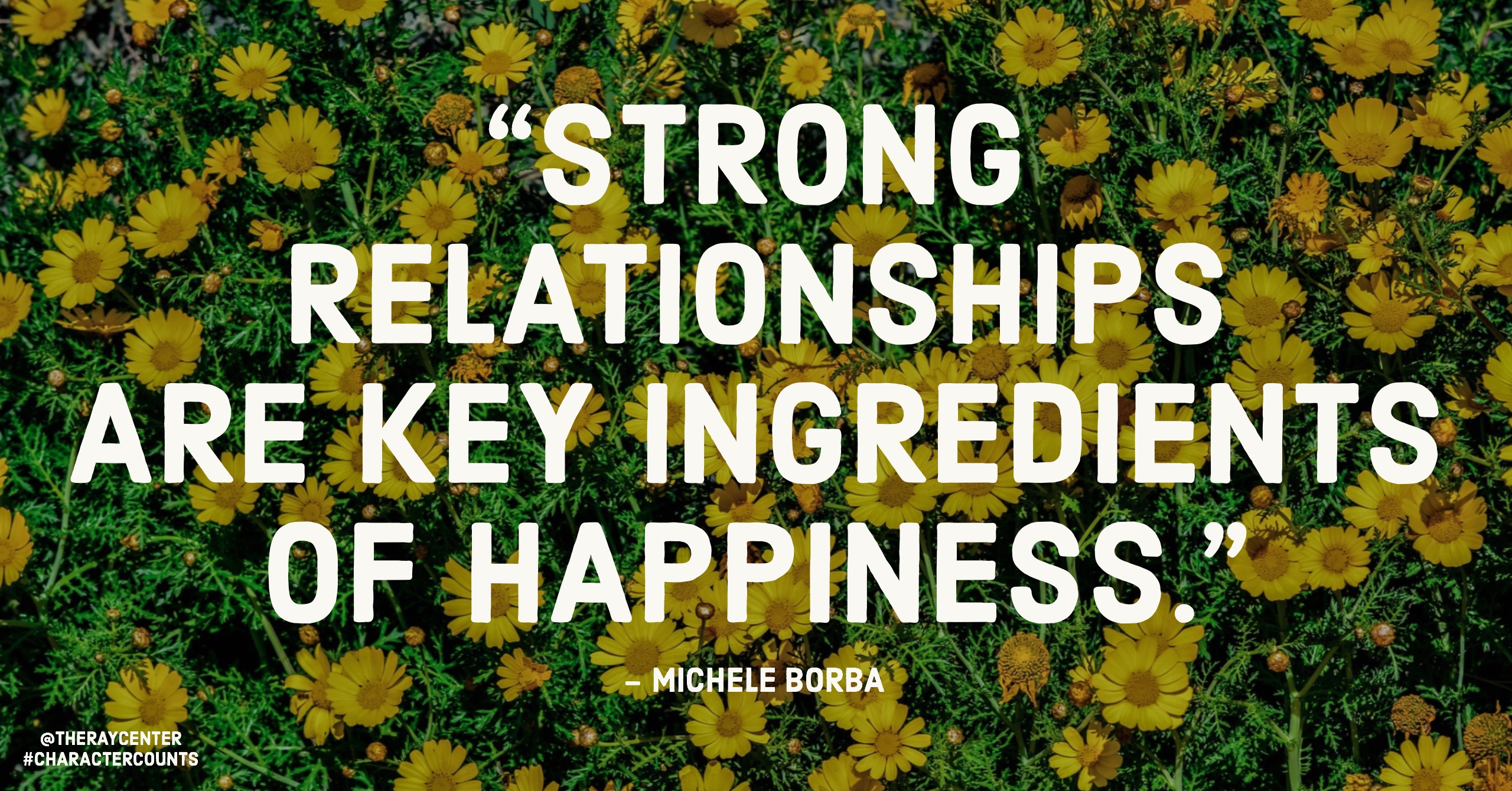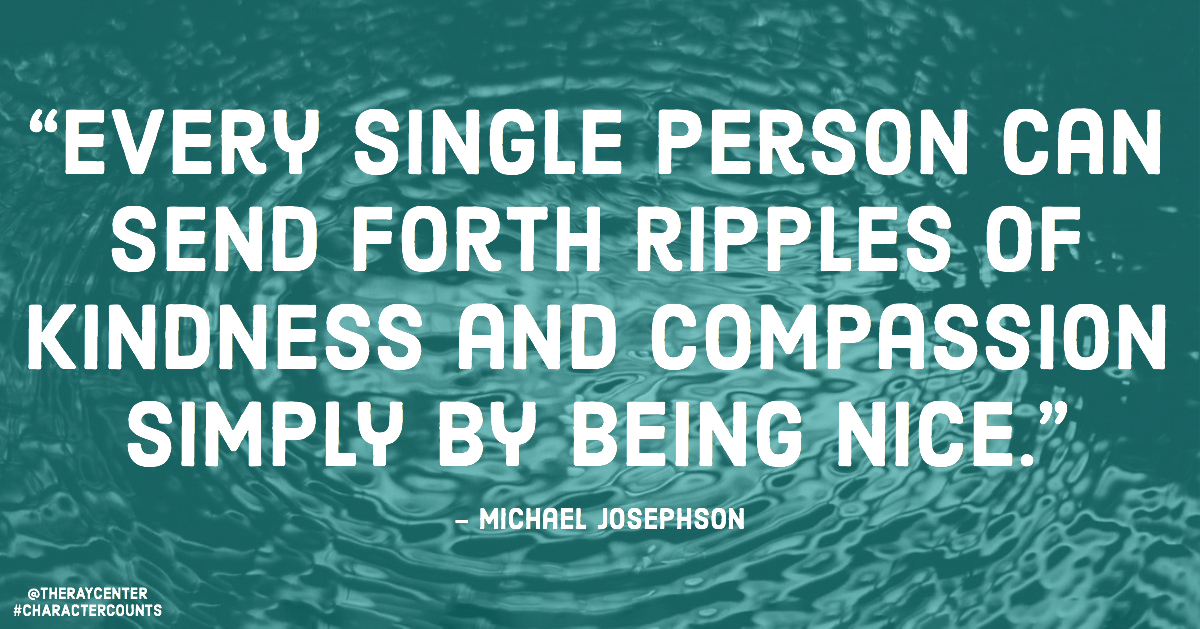It’s the thought that counts

From our guest contributor Michael Josephson.
According to legend, a desert wanderer discovered a spring of cool, crystal-clear water. It tasted so good, he filled a leather container with the precious liquid so he could bring it to the king. After a long journey, he presented his gift to the king, who drank it with great pleasure and lavishly thanked the wanderer, who went away with a happy heart.
The king’s son tasted the water and spit it out. It had picked up the smell of the old leather canteen and had become foul. The boy asked his father why he pretended to like the awful-tasting water.The king said, “Son, that man gave me a gift from his heart. It wasn’t the water I enjoyed; it was the sweet taste of his generosity. When someone gives you something with genuine love, the thing given is simply the container. The real gift is the thought inside.”
The wisdom of the king’s insight is best experienced when we get a gift from a child who loves us. Whether it’s a ceramic tray, a macaroni pin, or a crayon drawing, the purity of the child’s sweet intentions generates a form of joy we call gratitude.
Yet in most other settings we receive gifts without experiencing genuine appreciation. Consequently, our “thank yous” are simply ritualistic courtesies. One reason is we’re conditioned to value gifts based on their cost. Another is that gifts are often given to meet an obligation or as a form of investment rather than as expressions of generous affection.
Wouldn’t the holidays be so more joyous if we gave and received gifts as if they really were the thought that counts?

 Dr. Michele Borba is an educational psychologist, parenting expert, TODAY show contributor and author of 22 books including
Dr. Michele Borba is an educational psychologist, parenting expert, TODAY show contributor and author of 22 books including 
 Michael Josephson
Michael Josephson